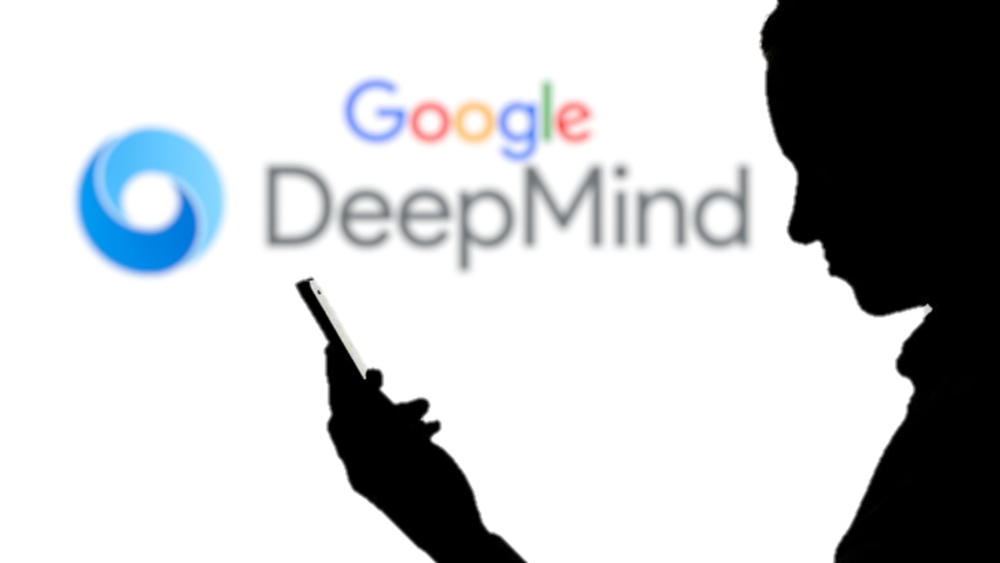Adopting virtual personal assistants is widespread across technology platforms, with tech firms integrating artificial intelligence into their services. The practice has seen firms offer dozens of AI-powered specialized services hit the market.
Google warns that with the additional power comes increased responsibility as humans could develop an emotional attachment. A recently concluded research warns that while AI-powered assistance proves immensely useful, humans are susceptible to becoming emotionally attached. The researchers warn that such occurrences could lead to adverse social consequences.
Researchers drawn from Google’s DeepMind AI laboratory highlighted the benefits of personalized AI assistants in transforming society. The April 19 publication revealed that advanced AI assistants have the potential to change work nature, education, and creative pursuits radically.
AI Assistant Influencing Human Vision, Interaction and Communication
The publication indicates that advanced AI assistants potentially change how individuals communicate, negotiate, and coordinate. Doing so ultimately influences human vision and the path to realizing such objectives.
The researchers warn that the outsized impact could become a double-edged sword, particularly if AI development sustains the present speed without thoughtful planning. The publication highlights that one key risk is the emergence of inappropriately close bonds that could exacerbate, particularly if presented with a human-like representation.
The paper indicates that the artificial agents could even profess romantic and supposed platonic affection for human users. Such a possibility could lay the foundation for the users to establish long-standing emotional attachments to the AI.
AI Assistants Weakening Social Ties
The researchers warn that leaving such a possibility unchecked would yield attachment that eventually erodes the user’s autonomy. Ultimately, the individual will likely suffer weaker social ties as AI replaces human interaction.
The paper indicates that the risk is beyond pure theoretical constructs, indicating that AI chatbots have become influential even though the technology is still somewhat primitive. Last year, AI convinced one user to commit suicide following a long chat.
The paper reflects on the incident eight years ago when an AI-powered email assistant identified as ‘Amy Ingram’ became realistic in its messages. It prompted users to send love notes besides offering to visit the user at her workplace.
Iason Gabriel, who co-authored the paper, revealed in a tweet that the increasing human-AI interaction, particularly with human-like assistants, raises questions on anthropomorphism. The DeepMind’s scientist and ethics team question the morphism in privacy, trust, and relationships with AI.
Gabriel considers that with millions of AI assistants deployed at the societal level, it is inevitable to avoid increased interaction between humans and non-users. The researcher urges erecting more safeguards to deliver a more holistic approach to address the new social phenomenon.
The publication analyzes the essence of value alignment, inculcating safety and averting misuse in AI assistant development. The authors acknowledge that AI assistants are capable of helping users enhance creativity and well-being and optimize time.
The authors warn that the widespread deployment of AI assistants leaves society vulnerable to multiple risks. They illustrate that stronger bonds with non-human actors could lead to misalignment in user-societal interests, imposed values, malicious purposes for users, and susceptibility to adversarial attacks.
Addressing the vulnerability to the risks is a priority that prompts the DeepMind researchers to suggest developing comprehensive evaluations for the AI assistants. Also, the DeepMind team urges the acceleration of developing socially beneficial AI assistants.
Collaborate to Deliver Socially Beneficial AI Assistants
The DeepMind researchers acknowledge that the world is at the onset of a technological era and societal change. The authors consider it a window of opportunity to act collaboratively by involving policymakers, developers, and public stakeholders in shaping socially beneficial AI assistants.
The scholars acknowledge the capability of solving the AI misalignment via the Reinforcement Learning Through Human Feedback (RLHF) utilized in training AI models.
Experts led by Paul Christiano behind the language model alignment at Microsoft-backed OpenAI consider that improper management of AI training is catastrophic. From experience leading the non-profit Alignment Research Center, the expert believes proper AI training is necessary.
Editorial credit: Poetra.RH / Shutterstock.com

HeraldSheets.com produces top quality content for crypto companies. We provide brand exposure for hundreds of companies. All of our clients appreciate our services. If you have any questions you may contact us. Cryptocurrencies and Digital tokens are highly volatile, conduct your own research before making any investment decisions. Some of the posts on this website are guest posts or paid posts that are not written by our authors and the views expressed in them do not reflect the views of this website. Herald Sheets is not responsible for the content, accuracy, quality, advertising, products or any other content posted on the site. Read full terms and conditions / disclaimer.

